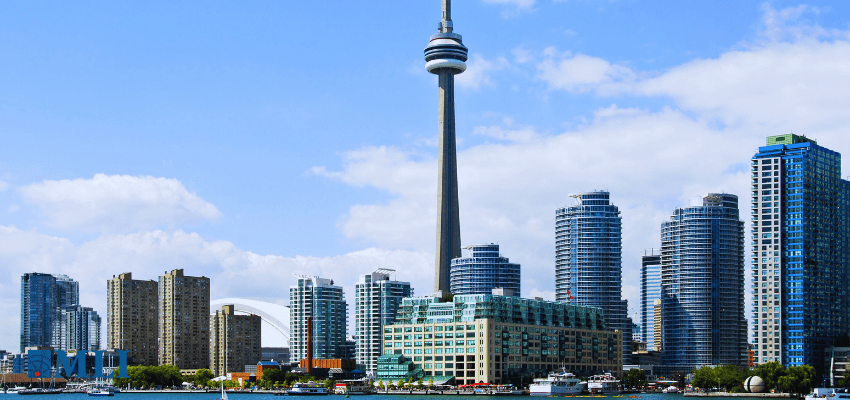This article originally appeared in the National Post.
By Raheel Raza and Mohammad Rizwan, June 10, 2024
In the aftermath of Hamas’s October 7 terrorist attack and the ensuing Gaza war, Canadian streets have become host to a painful spike in violence and hate. It invites a vital question: what is driving this toxicity and polarization?
We know that antisemitism is the oldest, most virulent and institutionalized form of hatred in the world today. The global community justifies it in a number of ways. Bouncing the ball between “we are not anti-Jew, we are anti-Israel” and “we are not anti-Israel, we are anti-Zionist” — or plainly “from the river to the sea, we don’t want to see any Jews,” they have many options. Others outright say they hate the Jews because supposedly “they control the world.”
Whatever the excuse or justification, the end result is the same: blatant and aggressive antisemitism. Now, it’s finding its way onto the streets of Toronto, Montreal and Vancouver. Which of these hatreds justified recent shootings at a Jewish girls’ elementary school in Toronto’s North York suburb, and a Jewish school in Montreal?
It could be that the pent-up political grievances of a religious minority are the cause, as many Arab Muslims would have us believe. It’s also possible that the protests are being carried out to effect a Middle Eastern political agenda, potentially driven by vested interests.
However, it’s unlikely the end goal of these movements is to gain political power in Canada. In Canadian politics, few seem to really care about what is happening in Gaza, as many non-Arab Canadians would struggle to find the place on a map. You don’t win ridings in Canada by chanting “Hamas, Gaza, Hamas, Gaza.”
Instead, what we’re seeing in the streets seems to be a blatant and in-your-face attempt by a group not large enough to impact a national election — but one that’s increasingly noisy and nasty — to control political space, and partly, to express pure hatred for Jews.
Anti-Jew hatred is a structure with a couple of different parts. One is the scapegoating of Jews through criticism of Israel and its foreign policy towards Arabs. Because Jews have become politically synonymous with Israel, it’s easy to sell hatred for the former by focusing on the latter. If you don’t recognize Israel’s right to exist, and if you don’t like Jews, you can side with certain Arab Muslim states and oppose whatever Israel does or doesn’t do under the guise of foreign policy.
The other part is made up of people who simply hate Jews, no matter their colour, race or country. It includes Muslims, along with the European and North American far right and far left. Their minds were shaped by groups that led antisemitic movements many years ago: Nazis, fascists, Hashemites and the House of Saud. There was no fight for a Palestinian state back in those times, but still, the hate was raging.
Fast forward to 1948 and the creation of the State of Israel. This is when this hatred, which was once so great that it produced the great human tragedy that was the Holocaust, found political refuge in aligning with a certain political cause. It started championing that cause, which was seen as just by many around the world. Under the cover of politics, the word “Zionism” — which simply refers to a Jewish homeland and Israel’s right to exist as a state — became a slur.
Together, the structures create hatred, even in younger generations. The Palestinians would like our youth to believe that this is a Muslim-Jewish war. Yet most Muslims have little to do with the crisis. Many Muslim countries simply use the cause for political purposes. Therefore, we see today that the ground zero of this issue is North America, not Muslim countries.
This is what we noticed when we visited “Little Gaza” in Toronto. In the middle of the University of Toronto’s campus, we saw “students” draped in keffiyehs and drowned in placards and posters inscribed with nothing but hate.
They controlled a political space, and they did so to express antisemitism.
Raheel Raza and Mohammad Rizwan are Directors of the Council of Muslims Against Antisemitism. Raheel Raza is a Senior Fellow at the Macdonald-Laurier Institute.






